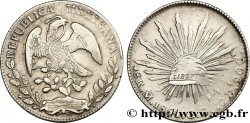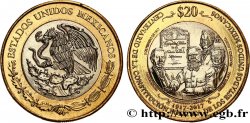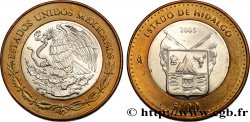E-auction 268-190696 - fme_370755 - MEXICO Médaille de Yacatecuhtli, dieu des marchands
Чтобы принять участие в торгах, вы должны войти в систему и стать подтвержденным участником аукциона. Войдите, чтобы сделать ставку. Ваш аккаунт будет подтвержден в течение 48 часов. Не ждите до закрытия торгов, чтобы зарегистрироваться.Сделав ставку на данный товар, вы вступаете в юридическое соглашение на покупку выбранного товара и нажатием кнопки «Сделать ставку» подтверждаете принятие вами условий интернет-аукционов cgb.fr.
Ставка может бить сделана только в полном эквиваленте евро. Торги закроются согласно времени, указанному в описании товара, все ставки, сделанные после закрытия торгов, учитываться не будут. Не следует откладывать предложение вашей ставки до последнего момента, так как система может не успеть обработать вашу заявку, и ваша ставка не будет принята. Более детальную информацию вы найдёте здесь: FAQ по интернет-аукционам.
БЕСПЛАТНО.
БЕСПЛАТНО.
| Оценить : | 60 € |
| Цена : | 31 € |
| Максимальная предлагаемая цена : | 35 € |
| Конец торгов : | 04 June 2018 18:28:00 |
| Участников : | 5 Участников |
Тип Médaille de Yacatecuhtli, dieu des marchands
Дата: 1978
Монетный двор / Город: Mexique, Mexico
Металл: silver
Диаметр: 39 mm
Ориентация осей монеты: 12 h.
Вес: 31,5 g.
Век: striée
Комментарии о состоянии
Splendide médaille en excellent état de conservation, quasiment neuve
Лицевая сторона
Аверс: легенда: YIACATECUTLI - COMERCIO.
Аверс: описание: Représentation de Yacatecuhtli dans le style aztèque.
Обратная сторона
Реверс: легенда: CONCACANO - 60 ANOS / 30 PRESIDENTES / POCHTECATL / MEXICO / 1978 / UNE ONZA TROY-PLATA PURA LEY 0.999 31.1 GMS.
Реверс: Описание: Commerçant marchant à droite ; légende autour circulaire et en lignes horizontales.
Комментарий
Frappée pour célébrer le 60e anniversaire et le 30 Président de la Yiacatecutli Comercio du Mexique en 1978. L'avers a un superbe design d'un personnage d'origine aztèque tandis que le revers montre un commerçant aztèque ainsi que toutes les informations relatives à l'anniversaire. Comme il est clairement indiqué sur le revers, cette médaille est faite à partir d'une once complète (31,1 grammes) de .999 pureté (fine) argent.
Yacatecuhtli « le seigneur du nez » (du nahuatl « yacatl » (nez) et « tecuhtli » (seigneur)) est, dans la mythologie aztèque, le dieu des marchands, du commerce et des voyageurs.
La société aztèque précolombienne a été développée, sur le modèle d'autres sociétés mésoaméricaines, par les Aztèques de la vallée de Mexico, lors des siècles précédant la conquête du Mexique par les conquistadors espagnols.
Comme dans toutes les civilisations mésoaméricaines, les clivages sociaux n'étaient pas strictement socio-économiques mais basés principalement sur l'importance de la fonction de chaque groupe pour l'omniprésente religion. De ce fait, une forme d'aristocratie d'origine à la fois militaire et religieuse (les « pipiltin ») s'était progressivement distinguée du reste du peuple, et les artisans et les négociants (« pochteca ») avaient eux aussi un statut privilégié par rapport aux simples plébéiens (« macehualtin »). Les plus défavorisés étaient les esclaves.
.
Minted to celebrate the 60th anniversary and 30th President of Yiacatecutli Comercio of Mexico in 1978. The obverse has a superb design of a character of Aztec origin while the reverse shows an Aztec trader along with all the information related to the anniversary. As clearly stated on the reverse, this medal is made from a full ounce (31.1 grams) of . 999 purity (fine) silver.
Yacatecuhtli \\\"the lord of the nose\\\" (from the Nahuatl \\\"yacatl\\\" (nose) and \\\"tecuhtli\\\" (lord)) is, in Aztec mythology, the god of merchants, commerce and travelers.
Pre-Columbian Aztec society was developed, modeled on other Mesoamerican societies, by the Aztecs of the Valley of Mexico in the centuries before the conquest of Mexico by the Spanish conquistadors..
As in all Mesoamerican civilizations, social divisions were not strictly socioeconomic but based primarily on the importance of each group's function for the omnipresent religion.. As a result, a form of aristocracy of both military and religious origin (the \\\"pipiltin\\\") had gradually distinguished itself from the rest of the people, and the artisans and merchants (\\\"pochteca\\\") also had a privileged status compared to the simple plebeians (\\\"macehualtin\\\").. The most disadvantaged were the slaves.
Yacatecuhtli « le seigneur du nez » (du nahuatl « yacatl » (nez) et « tecuhtli » (seigneur)) est, dans la mythologie aztèque, le dieu des marchands, du commerce et des voyageurs.
La société aztèque précolombienne a été développée, sur le modèle d'autres sociétés mésoaméricaines, par les Aztèques de la vallée de Mexico, lors des siècles précédant la conquête du Mexique par les conquistadors espagnols.
Comme dans toutes les civilisations mésoaméricaines, les clivages sociaux n'étaient pas strictement socio-économiques mais basés principalement sur l'importance de la fonction de chaque groupe pour l'omniprésente religion. De ce fait, une forme d'aristocratie d'origine à la fois militaire et religieuse (les « pipiltin ») s'était progressivement distinguée du reste du peuple, et les artisans et les négociants (« pochteca ») avaient eux aussi un statut privilégié par rapport aux simples plébéiens (« macehualtin »). Les plus défavorisés étaient les esclaves.
.
Minted to celebrate the 60th anniversary and 30th President of Yiacatecutli Comercio of Mexico in 1978. The obverse has a superb design of a character of Aztec origin while the reverse shows an Aztec trader along with all the information related to the anniversary. As clearly stated on the reverse, this medal is made from a full ounce (31.1 grams) of . 999 purity (fine) silver.
Yacatecuhtli \\\"the lord of the nose\\\" (from the Nahuatl \\\"yacatl\\\" (nose) and \\\"tecuhtli\\\" (lord)) is, in Aztec mythology, the god of merchants, commerce and travelers.
Pre-Columbian Aztec society was developed, modeled on other Mesoamerican societies, by the Aztecs of the Valley of Mexico in the centuries before the conquest of Mexico by the Spanish conquistadors..
As in all Mesoamerican civilizations, social divisions were not strictly socioeconomic but based primarily on the importance of each group's function for the omnipresent religion.. As a result, a form of aristocracy of both military and religious origin (the \\\"pipiltin\\\") had gradually distinguished itself from the rest of the people, and the artisans and merchants (\\\"pochteca\\\") also had a privileged status compared to the simple plebeians (\\\"macehualtin\\\").. The most disadvantaged were the slaves.







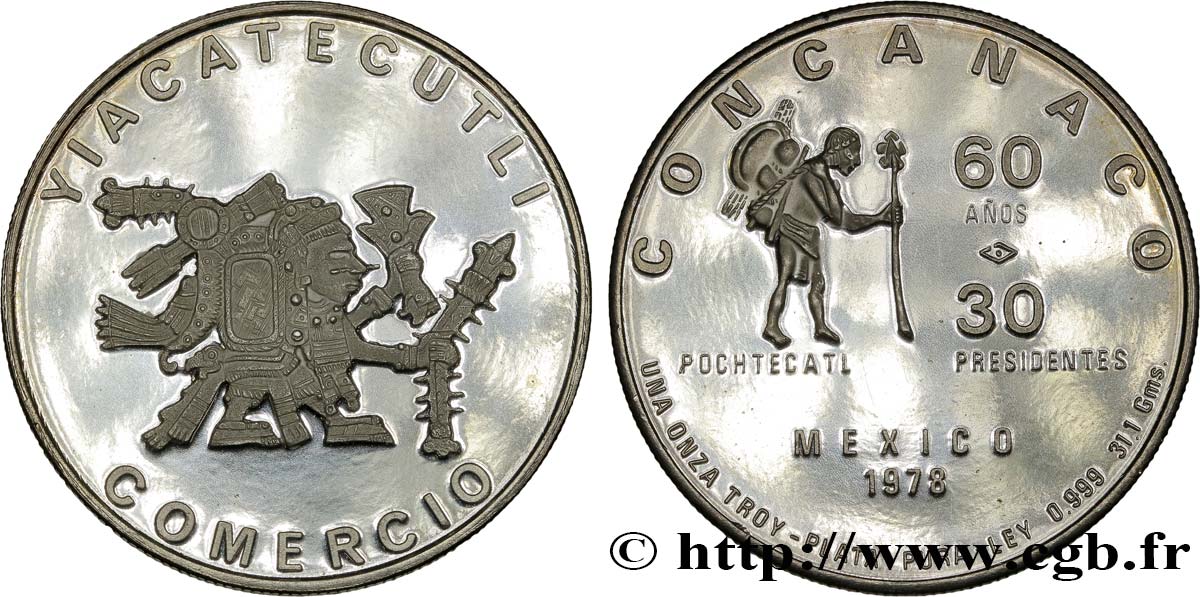
 Cообщить об ошибке
Cообщить об ошибке Распечатать страницу
Распечатать страницу Отправить мой выбор
Отправить мой выбор Задать вопрос
Задать вопрос Consign / sell
Consign / sell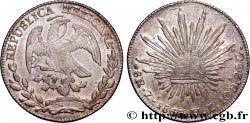
 Информация
Информация